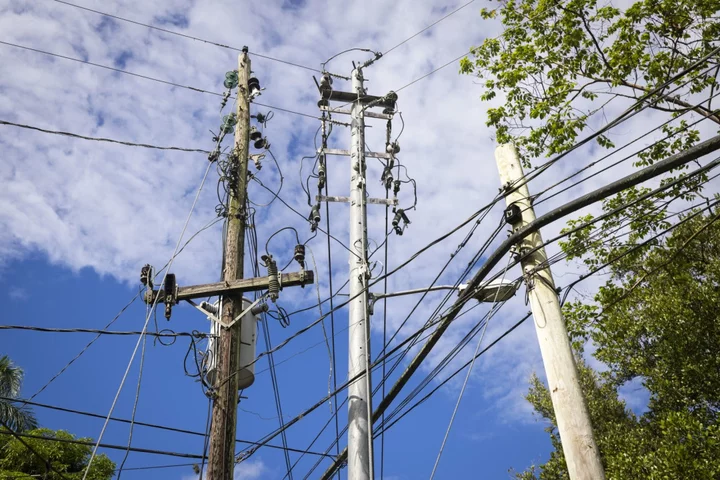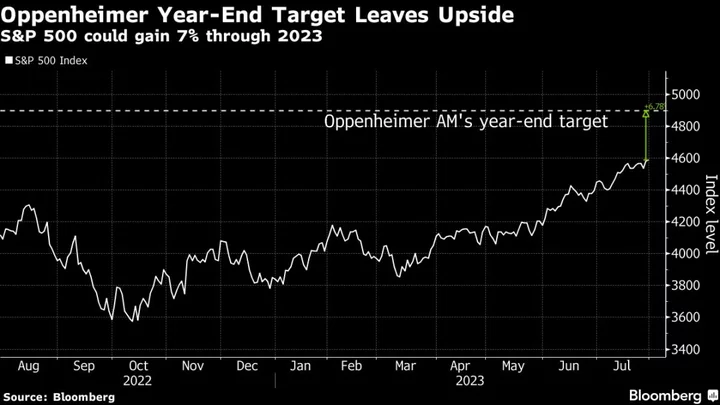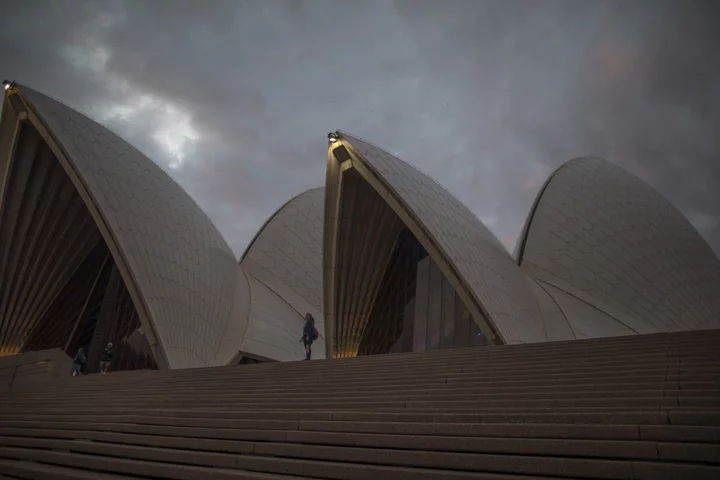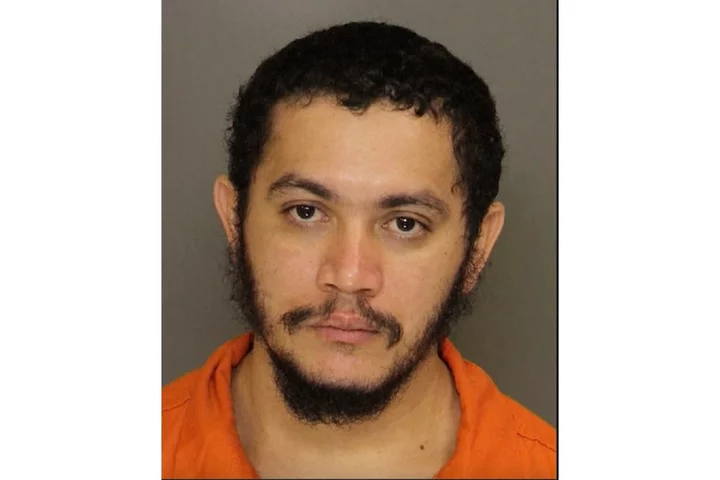Puerto Rico’s financial oversight board is considering slashing — by about half — the amount of new bonds it claims the island’s bankrupt power utility can repay, a potential offering that bondholders will most likely reject.
The federally appointed board calculates that Puerto Rico’s Electric Power Authority, called Prepa, can only repay $2.5 billion to its creditors, less than half the $5.68 billion offered in its March debt-restructuring plan. It’s far below the $10 billion it owes, including nearly $9 billion to bondholders and fuel-line lenders.
Steeper-than-anticipated declines in energy consumption and rising costs require a larger-than-previously proposed cut to the amount of debt the utility is able to repay over time, the board, which is managing Prepa’s bankruptcy, said in a statement late Friday after it approved the utility’s multi-year fiscal plan.
“The guiding principle for all debt restructurings is sustainability,” David Skeel, the board’s chairman, said in the statement. “The goal is to stabilize Prepa. The oversight board has been analyzing carefully and dispassionately how much debt Prepa can pay and made that determination strictly based on the most recent available data.”
Puerto Rico Board Will Amend Power Utility’s Debt-Cutting Plan
Reducing the repayment amount will probably make the bankruptcy process even more contentious and potentially lengthen the workout. An ad hoc group of bondholders has argued in court against the board’s recent $5.68 billion offer — claiming Prepa can pay more — and formal mediation talks between the parties are at a standstill.
The judge overseeing the nearly six-year bankruptcy scrapped on Wednesday a planned July confirmation hearing on a debt plan after the board said it needed more time to amend the proposal.
Puerto Rico Utility’s Hearing on Debt-Cutting Plan Postponed
More residents are upgrading to energy efficient appliances and some are looking to reduce their reliance on the island’s weak and neglected grid by installing solar panels, according to the board’s statement. Those changes dampen energy consumption.
Restructuring Prepa’s obligations is difficult. Bondholders haven’t been paid in years, but residents are already saddled with some of the costliest and least reliable electricity in the US.
“Prepa is not done,” Robert Mujica, the board’s executive director, said in the statement. “Electricity is not yet reliable. But the building blocks are in place. The implementation of the fiscal plan so far created an energy system that can and will improve over time.”









